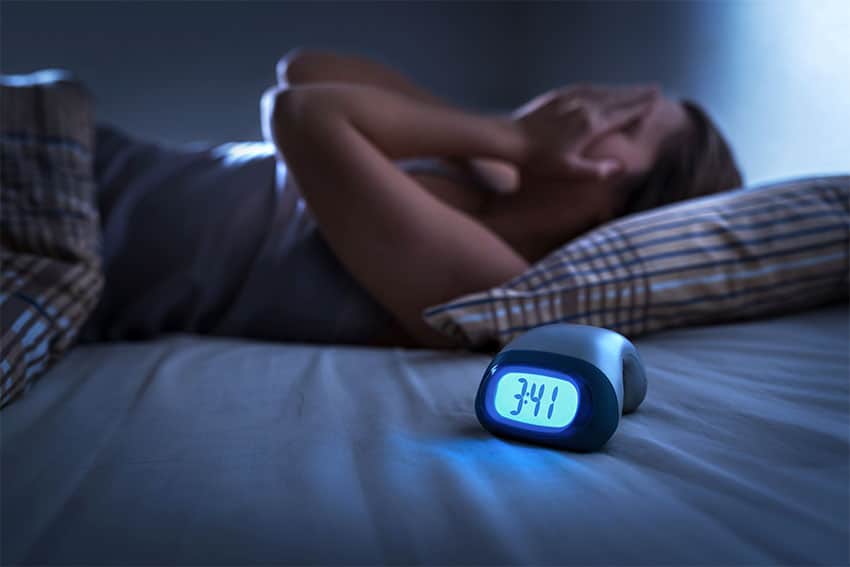Brits are getting less sleep, which is having a significant impact on the long-term health of the nation. The average person gets around 6 hours 19 minutes sleep each night.
Writing in today’s Telegraph, Boudicca Fox-Leonard says:
Sleep has been marginalised by our 24/7 culture and many of our habits during the day aren’t supportive of healthy circadian rhythms – the body’s internal body clock. We are all so used to lack of sleep that we have normalised it, and think we can cope when we don’t have enough.
The truth is that evidence is mounting that missing out on the sleep our bodies need can have significant effects on our health. Experts agree that the deterioration in looks and memory, and even an increase in the risk of cancer, can be mitigated by good sleep.
However, focusing on eight hours as the magic number would be a mistake. “There’s a huge difference between individual sleep needs, particularly as we age,” explains Dr Russell Foster, a professor of neuroscience and circadian rhythms at Oxford University and author of Life Time.
In adults aged between 18 and 80 the span of healthy sleep can range between six and 11 hours. Anything outside of that is not recommended. “Focusing on getting eight hours can cause anxiety that actually prevents you sleeping,” agrees sleep therapist Dr Kat Lederle.
So if you’re after some of the rejuvenation treatment that Paul Rudd clearly enjoys, the first thing to do is work out what your individual sleep needs are and then defend them.
How do you know if you’re not getting enough?
“It’s kind of obvious,” says Dr Foster.
“If you don’t feel you’re performing optimally during the day; you need an alarm clock to drive you out of bed; if it takes a long time to wake up; if you are craving caffeine and sugar-rich drinks; you oversleep on free days – all of that is indicative you need more sleep.
“A key way to unmask your true sleep needs is to see how long you naturally sleep for when you go on holiday.” Dr Foster says some of the short-term effects of not getting enough sleep include: “Doing stupid and unreflective things; being overly impulsive, less empathetic and more aggressive.” In the longer term there’s striking evidence that lack of sleep stores up health trouble for the future…
Not getting enough sleep means the body has less time to do growth and repair work overnight, which is key to all our cells, but has a huge impact on our brain health.
“Disrupted sleep in the middle years predisposes one to dementia in the latter years,” says Dr Foster.
“The data is striking. If you don’t get the sleep that you need then you impair the clearance of toxic substances, such as beta amyloid, which accumulate in the brain. Those misfolded proteins are believed to be causing dementia and Alzheimer’s.”
In the shorter term, sleep is integral to memory consolidation. “Wonderful studies have shown that a night of sleep does help you actually solve a problem,” says Dr Foster.

